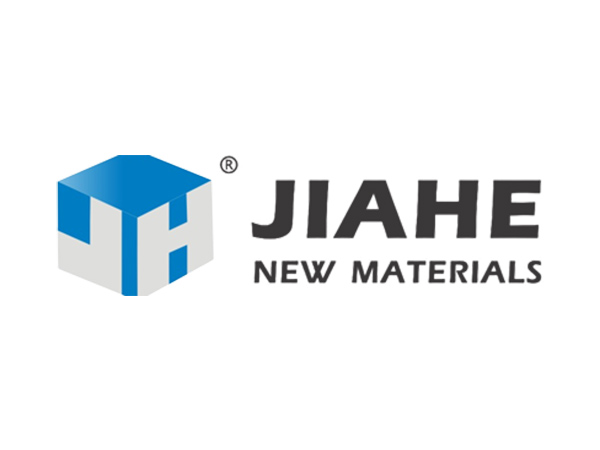Plastic extrusion is a widely used manufacturing process, but it often generates unpleasant odors that pose environmental and health risks. Understanding the sources of these odors and implementing effective control measures is crucial for sustainable production.
During plastic extrusion, high temperatures cause polymers to degrade, releasing volatile organic compounds (VOCs) and other odoriferous substances. Additives like stabilizers, lubricants, and colorants can also contribute to odor formation. These odors not only create a nuisance for nearby communities but can also trigger respiratory problems and other health issues for workers exposed to them.
Several strategies are employed to control plastic extrusion odors. One common approach is ventilation. Installing powerful exhaust systems and air filters helps remove odorous pollutants from the production area. Activated carbon filters, in particular, are effective at adsorbing VOCs and trapping odor molecules. Another solution lies in process modification. Optimizing extrusion temperatures, reducing residence times of plastics in the extruder, and choosing low-odor polymers and additives can significantly minimize odor generation.
Biological treatment methods are emerging as eco-friendly alternatives. Biofilters, which use microorganisms to break down odor-causing compounds, offer a sustainable way to treat exhaust gases. Additionally, chemical scrubbers can neutralize acidic or basic odorants through chemical reactions.
Innovative technologies, such as plasma treatment and photocatalysis, are also being explored. Plasma treatment uses ionized gas to decompose VOCs, while photocatalysis relies on catalysts activated by light to oxidize odor-causing substances.
In conclusion, plastic extrusion odor control requires a multi-faceted approach. By combining ventilation, process optimization, and advanced treatment technologies, manufacturers can mitigate environmental impacts, improve working conditions, and enhance their public image. As environmental regulations tighten, continuous research and development in odor control will be essential for the long-term viability of the plastic extrusion industry.


